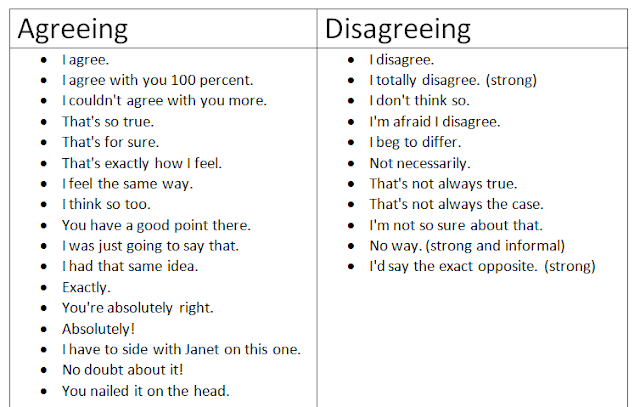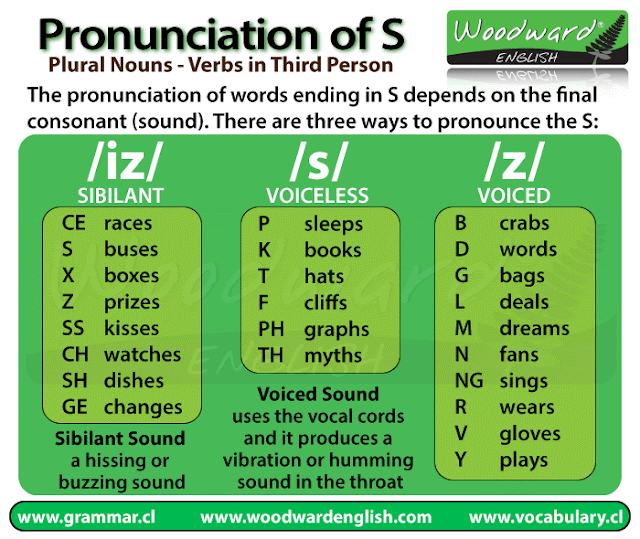Game: start a story about the topic education using one
word from those on the board. Pass the ball to somebody else in the class and
choose the word he / she must use to continue the story. You can’t repeat words
or classmates.
Educate, course, school, language, private, ambition,
examine, outdoor learning, creativity, self-esteem, technology, computer lab,
effort, advice.
Make a bigger effort.
COLLOCATIONS – Meanings 1 & 2
VERBS
go to school
Did you go to school in Paris?
attend (a) school formal (=go to a
school)
Some of the children had not attended school very
regularly before.
start school
Children in Britain start school when they are
five.
leave school
He left school when he was 16.
send somebody to school
His parents sent him to a private school.
ADJECTIVES/NOUN + SCHOOL
a state school British English, a public school American English (=a
school that gets its money from the government)
Universities want to encourage more applicants from
state schools.
a private school (also a public school British English) (=a
school where students pay to study)
He was educated at a private school.
somebody’s old school (=the school
someone went to when they were young)
He went back to his old school to give a talk to the
children.
a local school (=a school near where someone lives)
They sent their kids to the local school.
a boarding school (=a school where
children also live and sleep)
a day school (=a school where
children go during the day but go home in the evenings)
The school is both a boarding school and a day school.
a nursery school (=for children
under 5)
an infant school British English
(=for children aged 5 to 7)
a primary school British English, an
elementary school American English (=for children up to 11)
Their children are still at primary school.
a secondary school (also a high school
British English) (=for children from 11 to 16 or 18)
a high school American English (=a
school for students aged 14 to 18)
a comprehensive school British English (=a
secondary school for all children)
a grammar school British English (=a
secondary school for children who have passed an exam when they are 11)
SCHOOL + NOUN
school students (also school pupils British English)
Most school students have musical interests of some
kind.
a school friend
She met some old school friends.
a school uniform
He was still wearing his school uniform.
the school holidays
British English
The trip will take place during the school holidays.
the school run British English (=the journey taking children to and from
school each day)
She had to be back in time for the school run.
the school playground
the school library
the school hall
the school bus
the school curriculum
Head teachers were asked to incorporate road safety
education in the school curriculum.
school meals/lunches (also school dinners British
English)
We provide good-quality school meals.
a school governor British English (=an elected person
who works with teachers to make decisions about how a school is organized)
The school governors have appointed a new head
teacher.
the school board American English (=the group of
people who are elected to govern a school or group of schools)
The courts have upheld the school board's right to
dismiss striking teachers.
the school day
Most children are tired at the end of the school day.
Personality (Characteristics):
Teacher
+ communication skills, patient, passion, sensible, demanding,
open-minded, creative, intelligent, assertive, deal with conflicts
- strict, rude, bossy, lazy, eccentric, close-minded,
boring, disorganised, forgetful…
Student
+hard-worker, motivated, quiet, polite, tidy,
extrovert, obedient, reliable, good hand writing, creative, good memory.
- Unpunctual, shy, noisy, introvert, impolite,
procrastinator, disorganised, disobedient…







